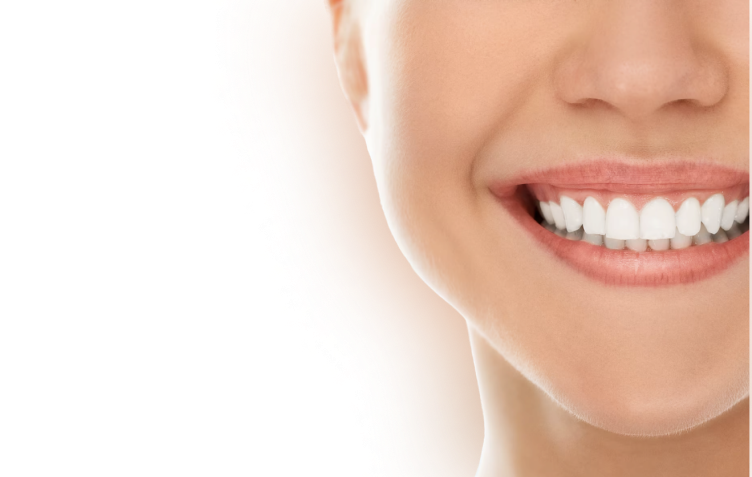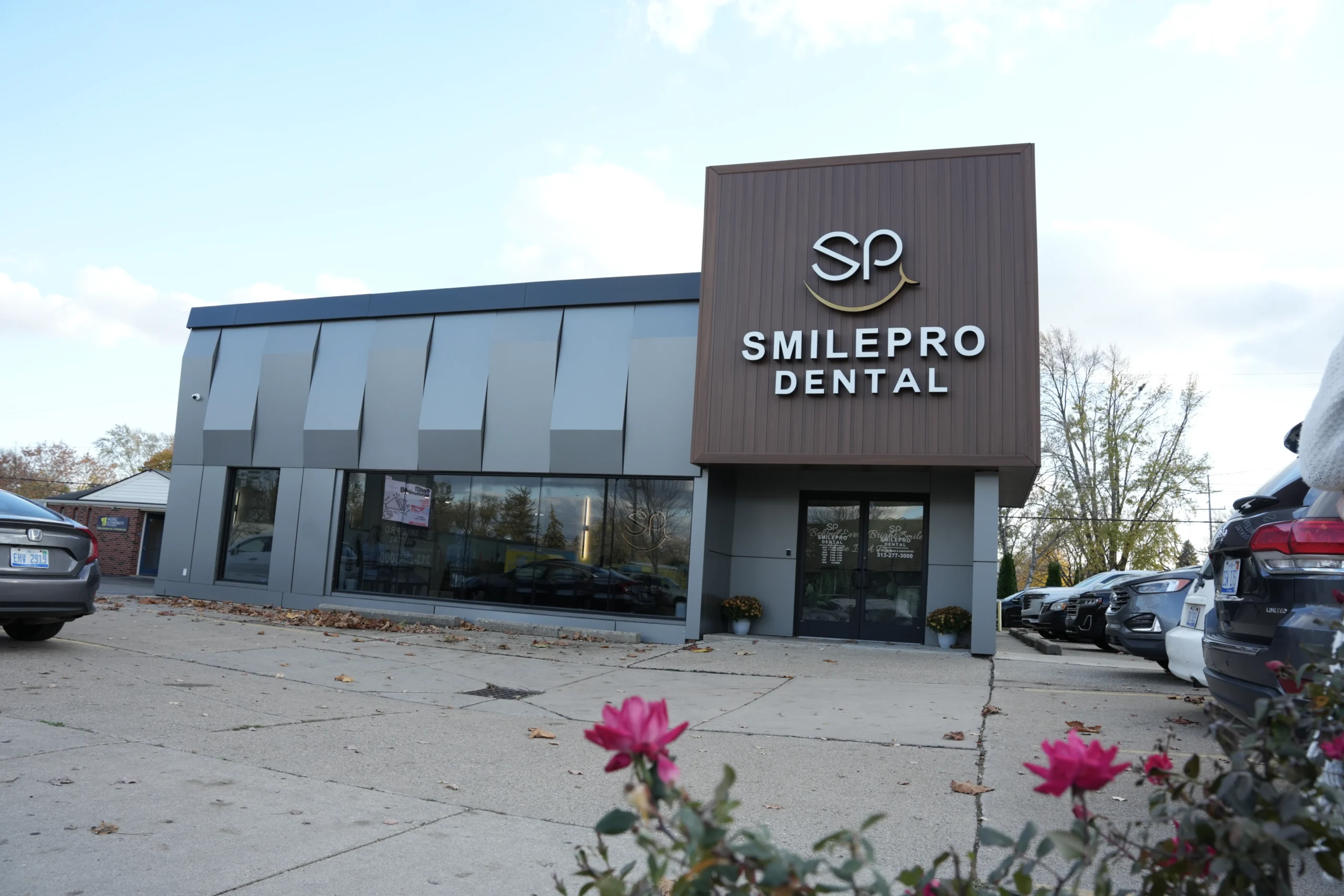Choosing between Invisalign and traditional braces can feel overwhelming, especially when you want the best possible outcome for your smile. Both options offer effective ways to straighten teeth and correct bite issues, but each comes with distinct advantages that might make one more suitable for your lifestyle and orthodontic needs.
At SmilePro Dental, Dearborn Heights cosmetic dentist Dr. Salam Awad and her experienced team provide both Invisalign clear aligners and traditional braces to help patients achieve their dream smiles. Understanding the differences between these treatments will help you make an informed decision about your orthodontic care.
When considering orthodontic treatment, it’s helpful to understand how each option works and what you can expect during your treatment journey. Traditional braces have been successfully straightening teeth for decades, while Invisalign represents a modern approach that has gained popularity for its convenience and aesthetics.
Invisalign uses a series of custom-made, clear plastic aligners that fit snugly over your teeth. Each aligner is worn for about two weeks before moving to the next in the series, gradually shifting your teeth into alignment.
Traditional braces use metal brackets and wires to gradually move teeth into their proper positions. This proven method works effectively for complex orthodontic cases, including severe crowding, significant bite issues, and jaw problems like Class 2 and Class 3 malocclusions.

The choice between these treatments often comes down to your specific orthodontic needs, lifestyle preferences, and treatment goals. Understanding the main differences can help you make an informed decision about which option works best for your situation.
When comparing Invisalign and traditional braces, several important factors set these treatments apart:
These factors work together to create distinct advantages for each treatment option, depending on your specific orthodontic needs and personal preferences.
Treatment length varies depending on your specific orthodontic needs, but general timeframes can help you plan accordingly. Traditional braces typically require 18 months to three years of treatment, with adjustments every four to six weeks. Emergency appointments may occasionally be needed if brackets become loose or wires break.
Invisalign treatment often takes 12 to 18 months for most cases, with appointments every six to eight weeks to monitor progress and receive new aligners. Since there are no brackets or wires to break, emergency visits are rare.
Several factors should guide your decision between Invisalign and traditional braces.
The complexity of your orthodontic needs is the primary consideration, as some cases specifically require the precision and control that traditional braces provide.
Age and compliance also matter significantly. While both treatments work for teens and adults, younger patients sometimes struggle with the responsibility of wearing removable aligners consistently. Traditional braces eliminate compliance concerns since they work continuously without patient intervention.
Professional and social considerations often influence treatment choice. Adults in customer-facing roles or teens concerned about appearance frequently prefer Invisalign’s discreet nature. However, many patients find that traditional braces are less noticeable than expected and appreciate not having to remember to wear aligners.
Budget considerations may also factor into your decision. While treatment costs are comparable, insurance coverage and payment plans can vary between options. Our team can help you understand your financial options for both treatments.
When you choose orthodontic treatment, selecting an experienced provider makes all the difference in your results and experience. Dr. Salam Awad brings extensive training in both traditional orthodontics and Invisalign treatment, ensuring you receive the most appropriate care for your unique needs.
As a certified Invisalign provider, Dr. Awad has completed specialized training in clear aligner therapy and stays current with the latest advances in orthodontic technology. Her comprehensive approach ensures that whether you choose Invisalign or traditional braces, you’ll receive personalized care designed to achieve optimal results. The team at SmilePro Dental takes pride in making orthodontic treatment as comfortable and convenient as possible, with flexible scheduling and payment options to fit your lifestyle. Call SmilePro Dental at 313-277-3000 or contact us today to schedule your free Invisalign consultation and discover which orthodontic treatment is right for you.


We commonly collaborate with other healthcare professionals to offer specialized care for complex dental cases and are committed to providing the best for your patients.

Choosing between Invisalign and traditional braces doesn’t have to be overwhelming when you have the right guidance and support. Both treatment options can deliver exceptional results when properly planned and executed by experienced professionals. The best choice for you depends on your specific orthodontic needs, lifestyle preferences, and treatment goals.
Our certified Invisalign providers at SmilePro Dental combine advanced training with years of experience to help you make the right decision for your smile. We offer free consultations for Invisalign treatment, allowing you to explore your options without any commitment. During your consultation, we’ll examine your teeth, discuss your goals, and explain which treatment approach may work best for your unique situation. Contact us today at 313-277-3000 or schedule your free consultation to take the first step toward your perfect smile.
Invisalign typically costs $3,000-$8,000, while traditional braces range from $2,500-$7,000, making Invisalign about 15-20% more expensive on average. The price difference depends on treatment complexity and location, but many dental insurance plans now cover both options equally, often paying 50% of costs. Smile Pro Dentist offers flexible payment plans and can provide a detailed cost comparison during your free consultation.
Traditional braces typically take 18-24 months, while Invisalign usually takes 12-18 months for most cases. Braces work continuously since they’re permanently attached, while Invisalign requires wearing aligners 20-22 hours daily. Metal braces often work faster for severe bite issues, while Invisalign can be quicker for mild to moderate crowding.
Yes, teenagers can get Invisalign, and it’s just as effective as braces for most teen cases. Invisalign Teen includes blue compliance indicators that fade when worn properly and comes with free replacement aligners. It’s ideal for responsible teens who play sports or wind instruments, though traditional braces might be better for severe orthodontic issues.
We build long lasting relationships with our patients, using leading edge technology to deliver a high quality and a unique dental experience.